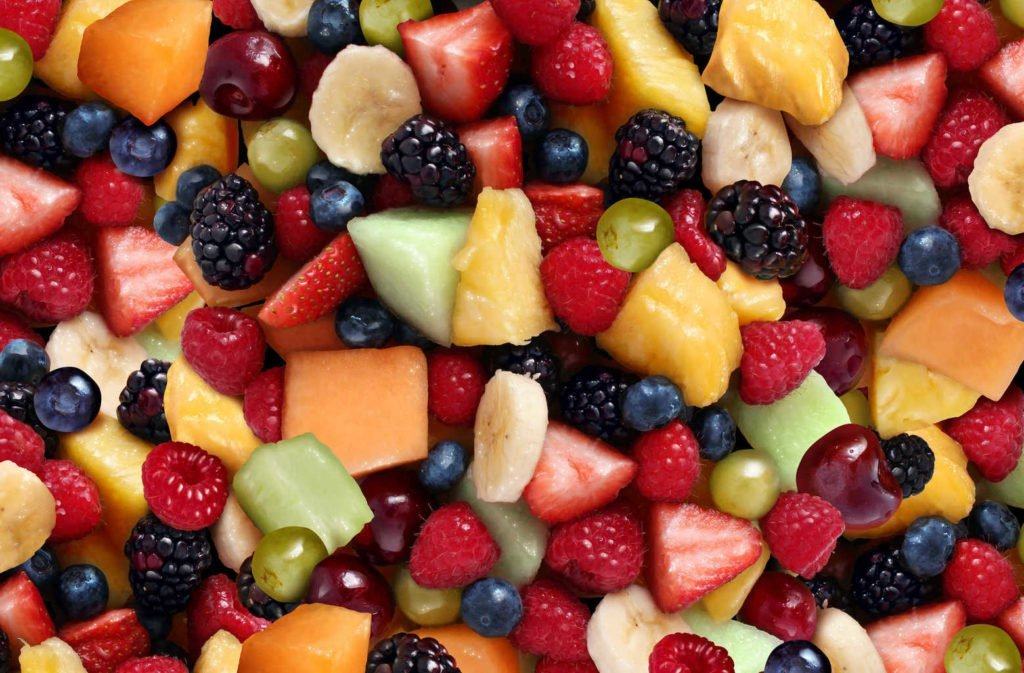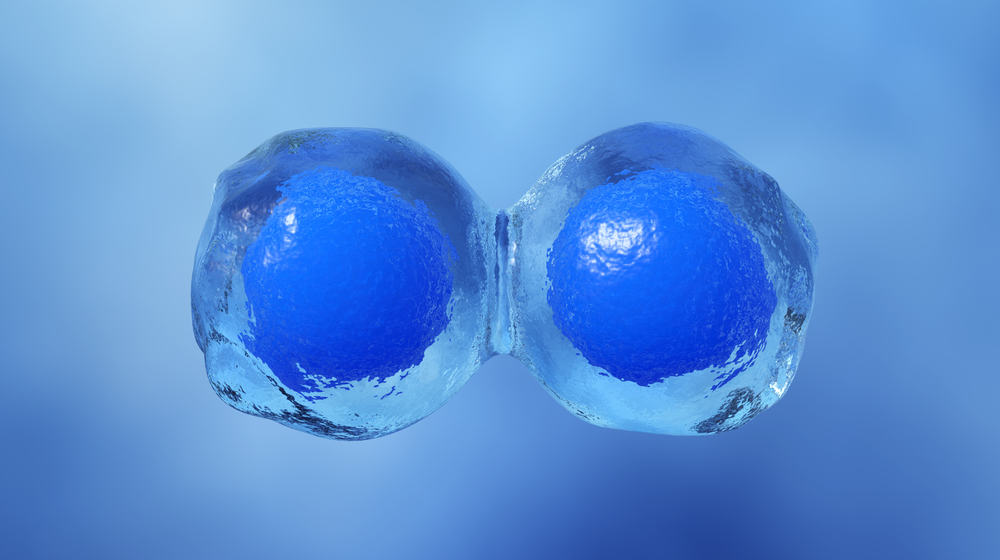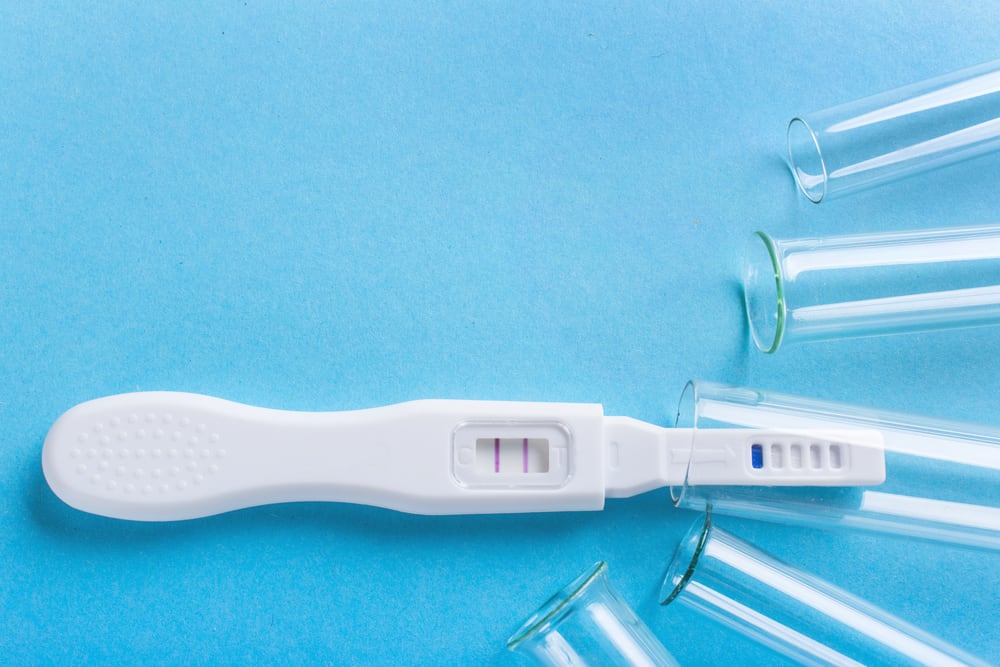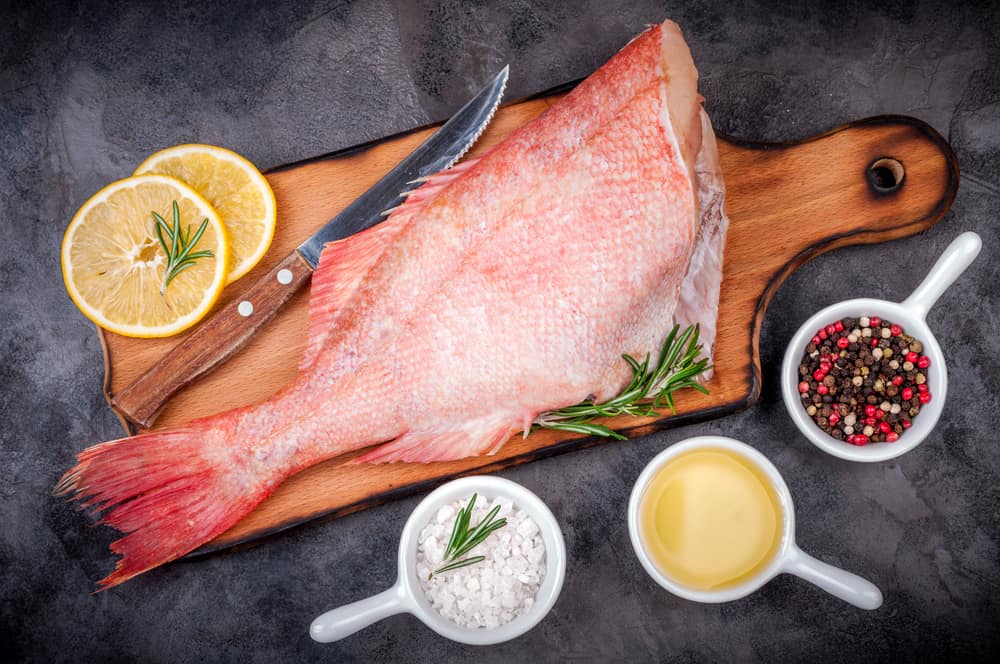Contents:
- Medical Video: The Only Vitamins You Actually Need On A Daily Basis
- Source of children's vitamins and minerals
- Vitamin A
- Vitamin B1 (Thiamine)
- Vitamin B2 (riboflavin)
- Vitamin B3 (niacin)
- Vitamin B6 (Pyridoxine)
- Vitamin B12 (cobalamin)
- Vitamin C (ascorbic acid)
- Folic Acid (Vitamin B9)
- Vitamin D
- Vitamin E
- Various minerals needed by children
- Iron
- Iodine
- Calcium
- Zinc
Medical Video: The Only Vitamins You Actually Need On A Daily Basis
During infancy, adequate intake of your child's vitamins and minerals will be guaranteed by breastfeeding. However, past 6 months, the baby's needs must be met not only through milk but also semi-solid food. It will be easier for you to fulfill your child's nutritional needs if you know for sure what nutrients are needed by the child. If we don't provide enough vitamins and minerals, this can cause serious problems in children. Important nutrients include vitamins A, B, C, D and E as well as minerals such as calcium, iron, iodine and zinc.
Source of children's vitamins and minerals
The child's body needs lots of vitamins and minerals essential for the growth and development of bones, muscles, skin, organs, and for metabolism against infection.
The best way for a child's vitamins and minerals to be fulfilled is by eating a variety of fresh foods. The body can absorb vitamins, minerals and other nutrients better when these elements come from food, not from vitamin and mineral supplements.
Your child needs vitamin A for vision, skin, growth, development and immune function. Vitamin A can be found in the liver, meat, milk and eggs, fruits and vegetables, such as carrots and sweet potatoes.
Vitamin B1 will release energy from food so that the child's nervous system and muscles can work well. Vitamin B1 is commonly found in fish, meat, yeast extract, whole wheat bread and cereals.
Vitamin B2 helps break down fats, proteins and carbohydrates in the body so that the body can absorb it easily. Vitamin B2 can be found in milk, meat, cheese, yeast extract, eggs, whole wheat bread and cereals.
Vitamin B3 helps your child absorb food and develop growth and energy. Vitamin B3 can be found in meat, fish, chicken, beans and yeast extract.
Vitamin B6 processes protein into energy and helps produce red blood cells and brain function. Vitamin B6 can be found in meat, fish, whole grains, vegetables and nuts.
Vitamin B12 helps produce red blood cells and increases growth. Vitamin B12 deficiency can cause anemia. A vegan (person who does not eat any kind of food from an animal) will find it difficult to get enough vitamin B12 in their food so that a supplement is needed. Vitamin B12 can be found in animal foods such as meat, fish, eggs and milk.
Vitamin C forms collagen, helps you fight infections, and absorbs iron from food. Vitamin C also nourishes teeth, bones and gums. You can lose some vitamin C when you cook food. Vitamin C can be found in fruits and vegetables, especially citrus fruits and kiwifruit.
Folic acid helps you absorb protein and form new blood cells and DNA. Cooking and processing food, for example during the canning process, can reduce the amount of folate in food. Green leafy vegetables, liver and whole-grain cereals are rich sources of folic acid.
Vitamin D helps your child absorb calcium so that the bones are strong and healthy. The body gets most of the vitamin D needed when the skin is exposed to direct sunlight. Small amounts of vitamin D are contained in fish oil, fish liver oil, egg yolks and butter.
Vitamin E enhances the body's immune system and fosters healthy skin and eyes. Sunflowers and canola oil, margarine and nuts are good sources of vitamin E.
Various minerals needed by children
Iron is very important for the brain and blood, it also plays a role in carrying oxygen throughout the body. Children are at high risk of iron deficiency, because they need more iron when they are experiencing a period of rapid growth. Meat, liver, chicken, seafood, dried beans, egg yolks and fortified breakfast cereals are high iron food sources
Iodine is very important for the growth and development of tissue in the body, and helps control your cells to produce energy and use oxygen. Dairy products, seafood, vegetables from certain land, iodized salt and bread made with iodized salt contain high iodine levels.
Calcium forms strong bones and teeth. Calcium can be found in dairy products such as milk, cheese, yogurt and fish with edible bones such as sardines and salmon.
Zinc helps the body's growth, wound healing and immune system function. Zinc can be found in meat, chicken, seafood, milk and wheat cereals. Other important vitamins and minerals are phosphorus, magnesium, copper, manganese and chromium.












